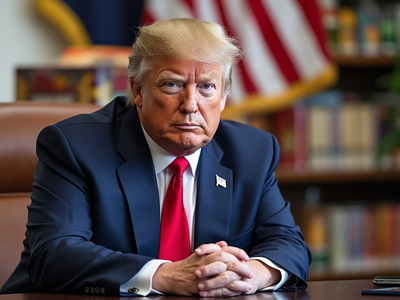Rising Sectarian Violence in Libya: A Struggle for Power and Resources
Internal conflicts among armed groups escalate in Libya as competition for oil wealth and control intensifies.
Libya is experiencing a resurgence of sectarian violence among various armed groups, which were previously united in their pursuit of control over the country’s oil and gas resources.
These factions, once allies, are now engaged in fierce battles fueled by their ambition to control the lucrative revenues that stem from the country’s extensive natural resources.
The situation has evolved into a complex struggle where leaders of these factions are reportedly forming militias and manipulating local populations to establish their dominion.
This turmoil has led to significant destabilization, with rival factions seizing control of neighborhoods and municipalities, often resulting in the destruction of property and civilian displacement.
Reports indicate that groups affiliated with the Muslim Brotherhood, among others, have turned against each other, leading to violent confrontations.
Claims have emerged of increasing brutality in these skirmishes, as factions vie for political and economic supremacy, plunging the nation into deeper chaos.
Since the country’s civil war in 2011, Libya has fragmented into numerous territories controlled by local militias, complicating the political landscape.
In these power struggles, leaders have purportedly resorted to violent methods to eliminate rivals and strengthen their dominance.
The consequences for civilians are dire, with reports of homes being destroyed and communities torn apart by ongoing conflict.
Amidst this backdrop, calls for a decisive leader to stabilize Libya have gained momentum, as many citizens express frustration over the current state of lawlessness and violence.
Observers note that the political vacuum created by the absence of strong governance has allowed these factions to flourish, operating with relative impunity.
Externally, global responses to Libya’s situation vary, with some countries expressing concern over human rights violations and the humanitarian impact of the conflict.
However, the ongoing violence and political instability continue to pose significant challenges for any potential resolution.
As the situation develops, the international community remains watchful regarding the implications of Libya's internal strife, particularly as it relates to regional stability and the persistence of armed groups in the country.
These factions, once allies, are now engaged in fierce battles fueled by their ambition to control the lucrative revenues that stem from the country’s extensive natural resources.
The situation has evolved into a complex struggle where leaders of these factions are reportedly forming militias and manipulating local populations to establish their dominion.
This turmoil has led to significant destabilization, with rival factions seizing control of neighborhoods and municipalities, often resulting in the destruction of property and civilian displacement.
Reports indicate that groups affiliated with the Muslim Brotherhood, among others, have turned against each other, leading to violent confrontations.
Claims have emerged of increasing brutality in these skirmishes, as factions vie for political and economic supremacy, plunging the nation into deeper chaos.
Since the country’s civil war in 2011, Libya has fragmented into numerous territories controlled by local militias, complicating the political landscape.
In these power struggles, leaders have purportedly resorted to violent methods to eliminate rivals and strengthen their dominance.
The consequences for civilians are dire, with reports of homes being destroyed and communities torn apart by ongoing conflict.
Amidst this backdrop, calls for a decisive leader to stabilize Libya have gained momentum, as many citizens express frustration over the current state of lawlessness and violence.
Observers note that the political vacuum created by the absence of strong governance has allowed these factions to flourish, operating with relative impunity.
Externally, global responses to Libya’s situation vary, with some countries expressing concern over human rights violations and the humanitarian impact of the conflict.
However, the ongoing violence and political instability continue to pose significant challenges for any potential resolution.
As the situation develops, the international community remains watchful regarding the implications of Libya's internal strife, particularly as it relates to regional stability and the persistence of armed groups in the country.











